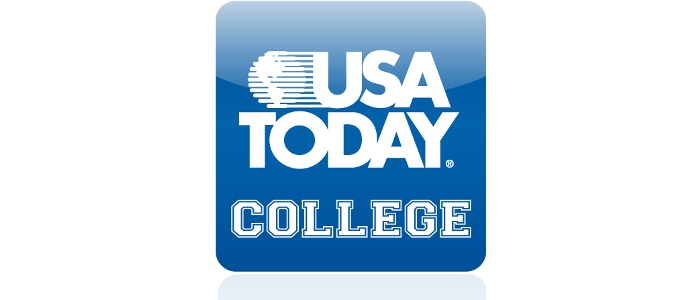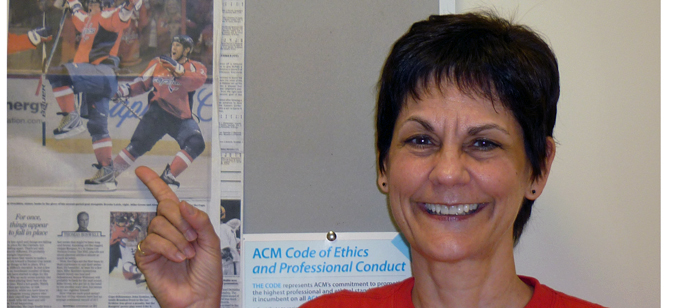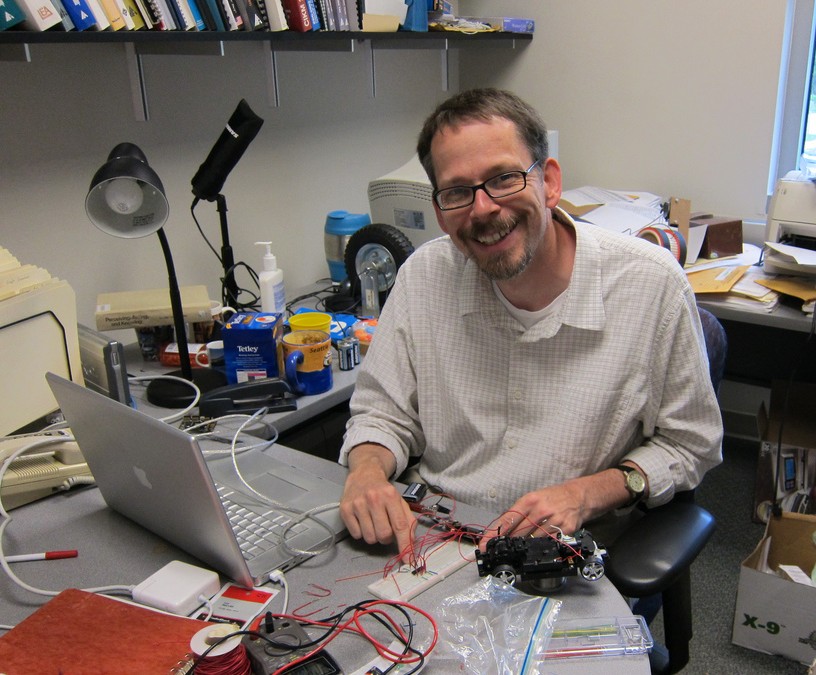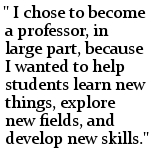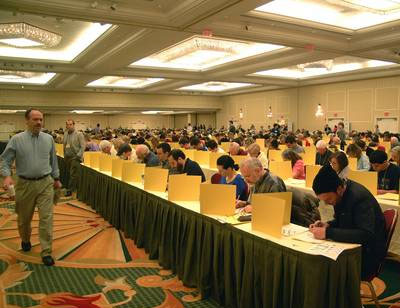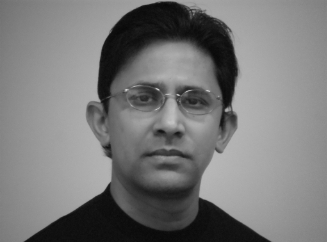 Next fall, a new scholarship program geared toward transfer students majoring in technology fields will offer ten students the support—both financial and otherwise—that they need. It’s called T-SITE (Transfer-Scholarships in Information Technology and Engineering), and similar to the previous SITE (Scholars in Information Technology and Engineering) program, is supported by an NSF S-STEM grant.
Next fall, a new scholarship program geared toward transfer students majoring in technology fields will offer ten students the support—both financial and otherwise—that they need. It’s called T-SITE (Transfer-Scholarships in Information Technology and Engineering), and similar to the previous SITE (Scholars in Information Technology and Engineering) program, is supported by an NSF S-STEM grant.
The program is the brainchild of a team of seven women sprinkled throughout IT and Engineering departments in the College of Engineering and Information Technology at UMBC. Dr. Penny Rheingans, Director of the Center for Women in Technology (CWIT) and a professor of Computer Science and Electrical Engineering, is the Principal Investigator for the project. Five professors will 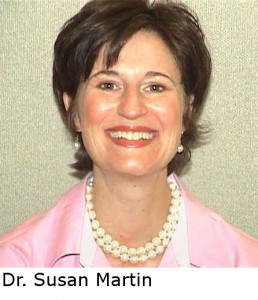 serve as faculty mentors for the future scholars: Dr. Marie desJardins (Computer Science), Dr. Gymama Slaughter (Computer Engineering), Dr. Anne Spence (Mechanical Engineering), Dr. Taryn Bayles (Chemical, Biochemical, and Environmental Engineering), and Dr. Carolyn Seaman (Information Systems). Dr. Susan Martin, the Associate Director of CWIT, has been reaching out to Maryland community colleges and will teach a transfer student seminar for the selected scholars. “I don’t think any of us could do it without the others,” says Dr. Rheingans of her team of dedicated collaborators.
serve as faculty mentors for the future scholars: Dr. Marie desJardins (Computer Science), Dr. Gymama Slaughter (Computer Engineering), Dr. Anne Spence (Mechanical Engineering), Dr. Taryn Bayles (Chemical, Biochemical, and Environmental Engineering), and Dr. Carolyn Seaman (Information Systems). Dr. Susan Martin, the Associate Director of CWIT, has been reaching out to Maryland community colleges and will teach a transfer student seminar for the selected scholars. “I don’t think any of us could do it without the others,” says Dr. Rheingans of her team of dedicated collaborators.
“It’s particularly hard for transfer students to really become an integrated part of the community,” says Dr. Penny Rheingans. Transfer students often are at a disadvantage because they miss out on all the orientating activities showered on freshman, she explains. As a result, they’re less aware of campus  resources and tend to feel disconnected from the campus community. T-SITE aims to change all that.
resources and tend to feel disconnected from the campus community. T-SITE aims to change all that.
Starting in the fall of 2012, the grant will award ten financially needy transfer students with partial scholarships: $6,700 each, capped by an individual student's financial need. Eligible students must intend to major in one of the five IT or Engineering majors: Computer Science, Computer Engineering, Mechanical Engineering, Chemical and Biochemical Engineering, and Information Systems. In addition to financial support, future T-SITE scholars will be warmly integrated into the CWIT Scholars community, where they can take advantage of its outpouring of resources and community events.
“We are leveraging CWIT to make this work and we’re taking advantage of CWIT infrastructure. It’s an  extension of CWIT in that we’re looking at it as a vehicle for increasing diversity in these fields,” says Dr. Rheingans. “Not just gender,” she adds, “but gender’s what we’re particularly good at.”
extension of CWIT in that we’re looking at it as a vehicle for increasing diversity in these fields,” says Dr. Rheingans. “Not just gender,” she adds, “but gender’s what we’re particularly good at.”
Like the CWIT program, T-SITE won’t limit the scholarship pool by gender. “We would want men that we bring in as part of the T-SITE program to be supportive of increasing gender diversity,” says Dr. Rheingans. “Having allies that believe in the mission is part of what makes it work.”
Dr. Rheingans’ experience with the successes of the CWIT and SITE programs makes her confident that the T-SITE programs will give its scholars a leg up. “The support network makes a huge difference,” says Dr. Rheingans, who explains that the CWIT and SITE programs had nearly 90% 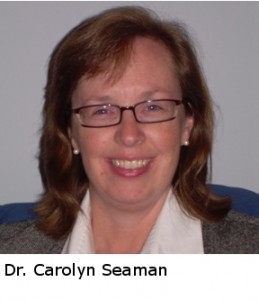 retention in the major compared to the nationwide statistic of around 50%.
retention in the major compared to the nationwide statistic of around 50%.
In addition to community support, the team has conceived a transfer student transition seminar to ensure that T-SITE scholars have the means to make a smooth transition. Taught by Dr. Martin, the seminar will have students connect with campus resources, identify and apply for internships, develop a career portfolio, learn about their own leadership styles, practice collaboration, and get insights from industry speakers. “The real purpose is to help them with the transition to UMBC and to address the professional development issues that are on the minds of transfer students,” says Dr. Martin.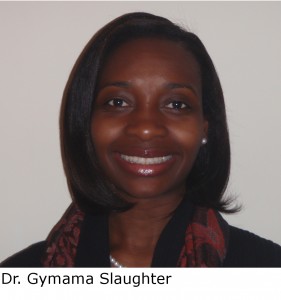
Dr. Martin has been collaborating with UMBC’s Transfer Student Alliance to reach out to Montgomery College, the Community College of Baltimore County (CCBC), and Prince George’s Community College for help identifying qualified students. Application materials are available on the CWIT website and transfer students entering UMBC for the Fall 2012 semester must apply by April 20, 2012. The scholarship committee—made up of the band of five faculty mentors, Dr. Rheingans, and Dr. Martin—will then interview candidates to select the first cohort of ten T-SITE scholars.
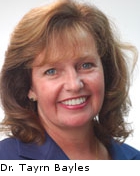 Though the current NSF grant will support the T-SITE program for three years (30 students in all), Dr. Rheingans hopes the program will extend well beyond that. “This is something for which the need will not go away,” she says about supporting transfer students. Though the renewal of the program into future years isn’t a certainty, chances are that when the time comes, the team will re-submit a proposal to seek further funding. “It’s hard to imagine not wanting to do that.”
Though the current NSF grant will support the T-SITE program for three years (30 students in all), Dr. Rheingans hopes the program will extend well beyond that. “This is something for which the need will not go away,” she says about supporting transfer students. Though the renewal of the program into future years isn’t a certainty, chances are that when the time comes, the team will re-submit a proposal to seek further funding. “It’s hard to imagine not wanting to do that.”
To apply for the T-SITE scholarship program by April 20, 2012, take a look at the application materials.
 Photo: Wikimedia Commons
Photo: Wikimedia Commons